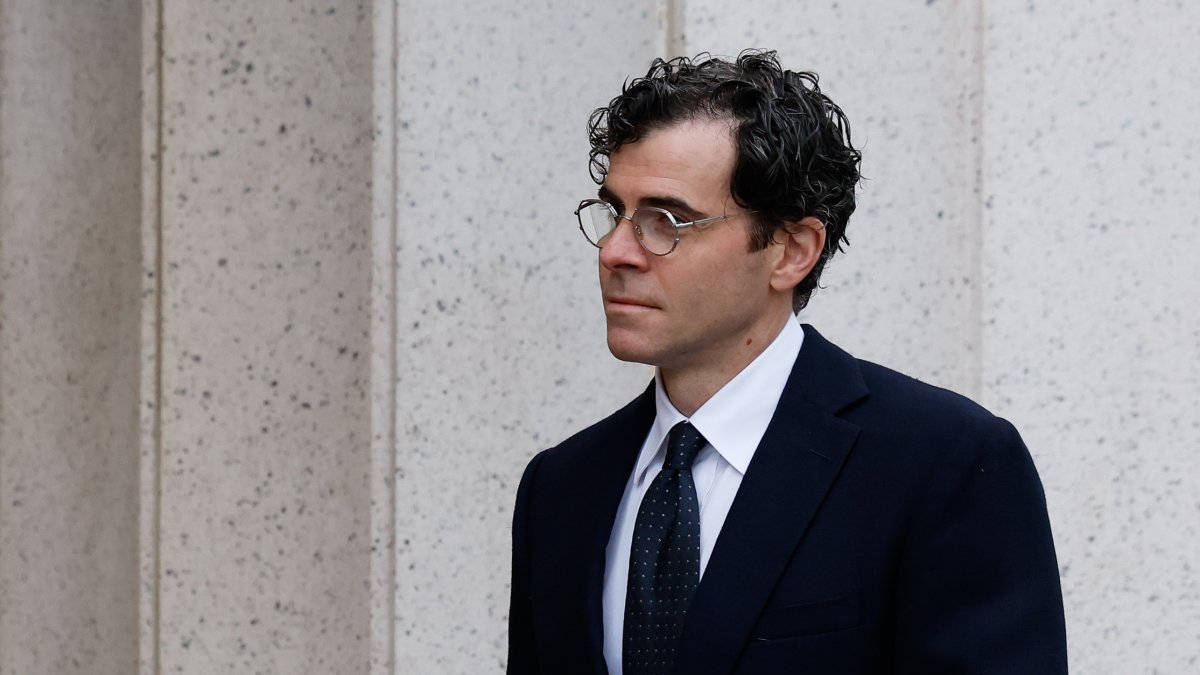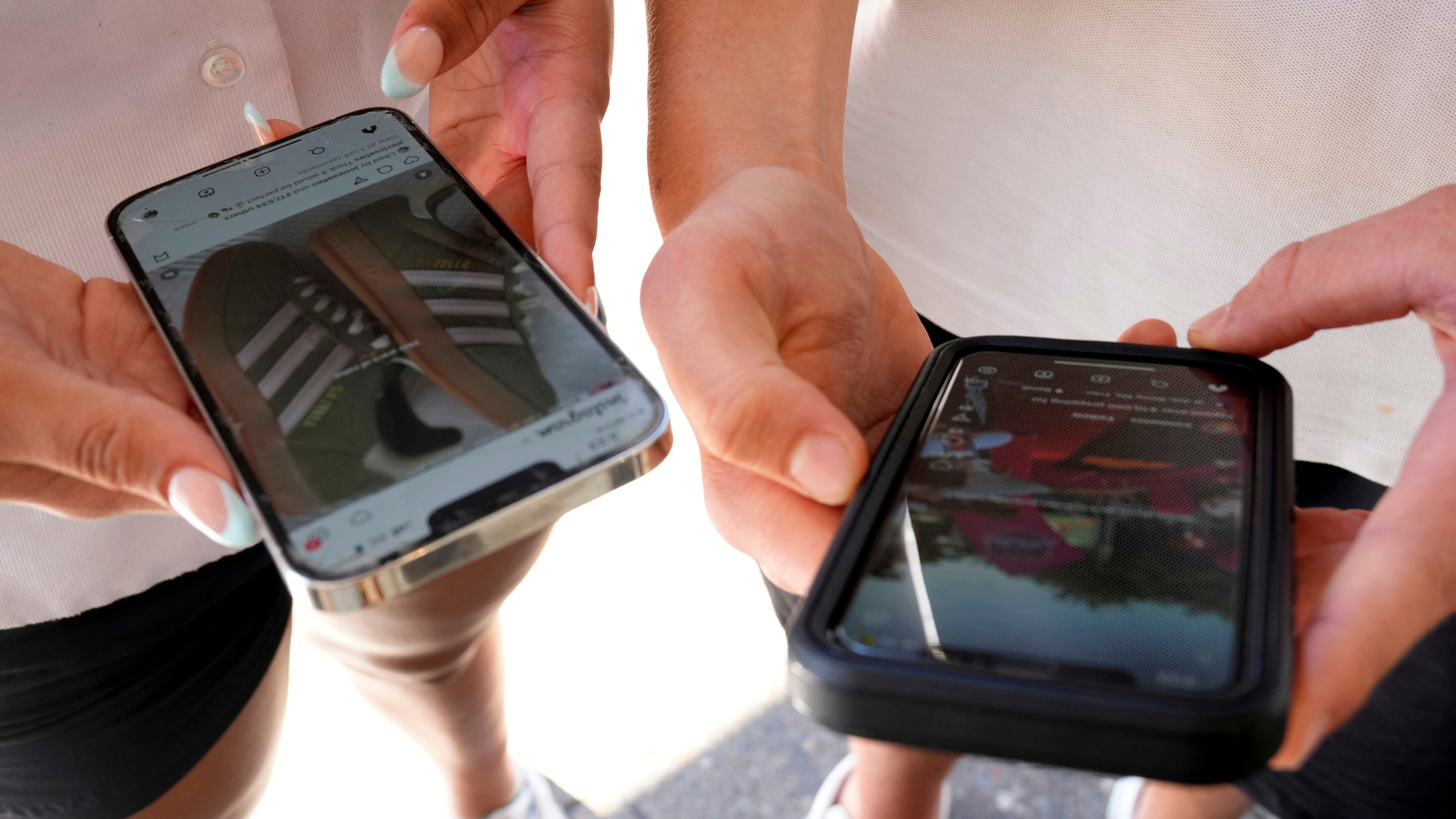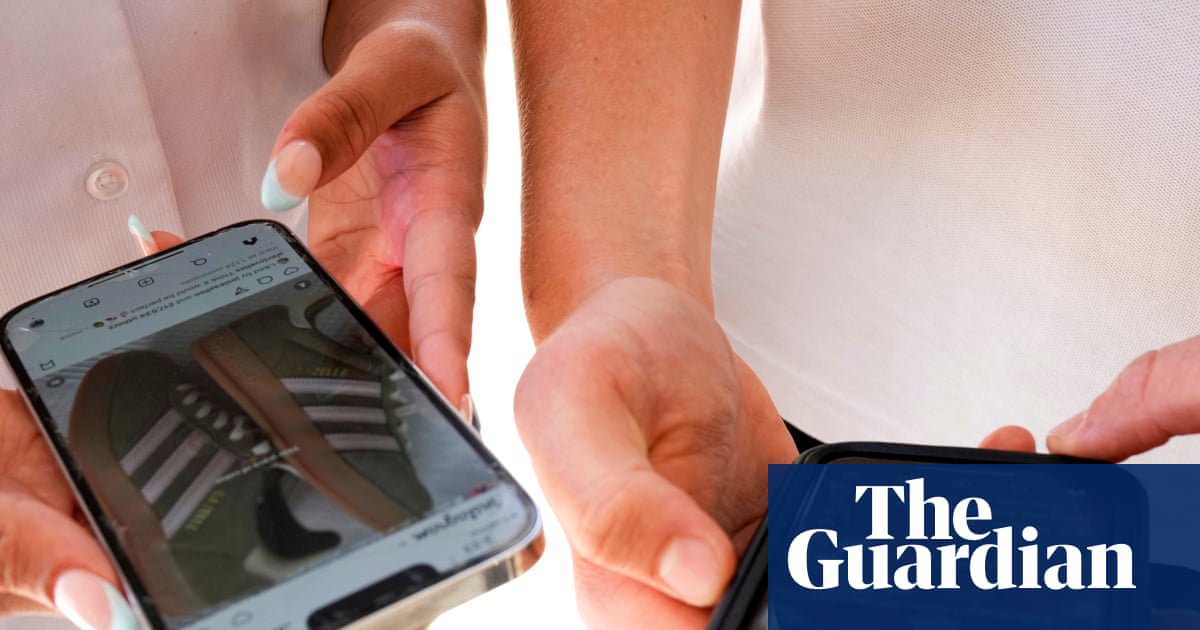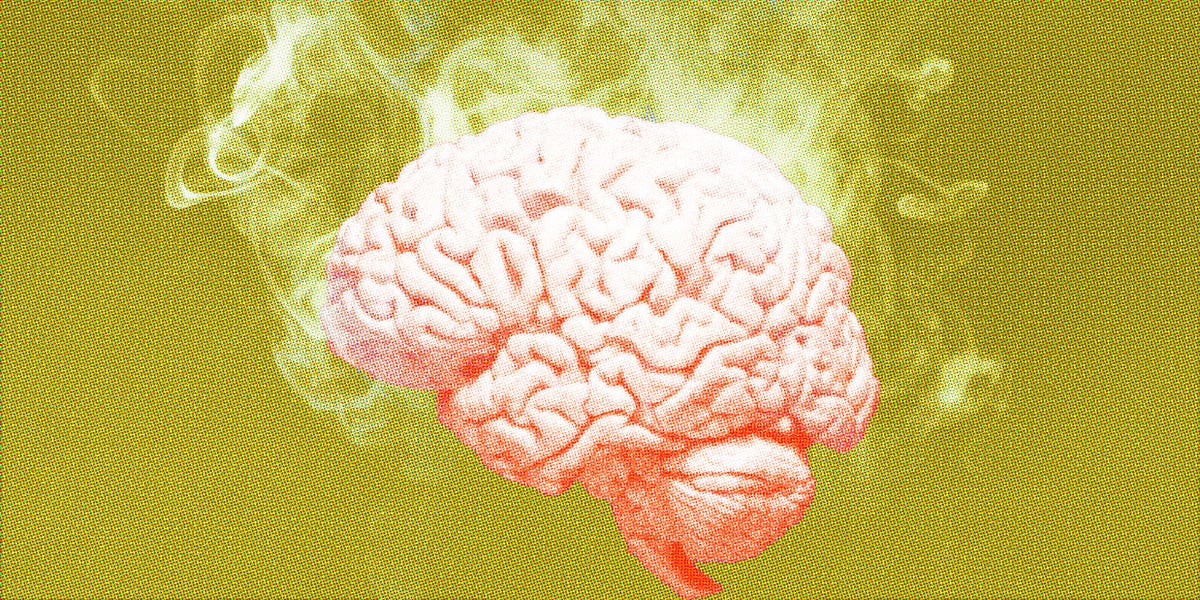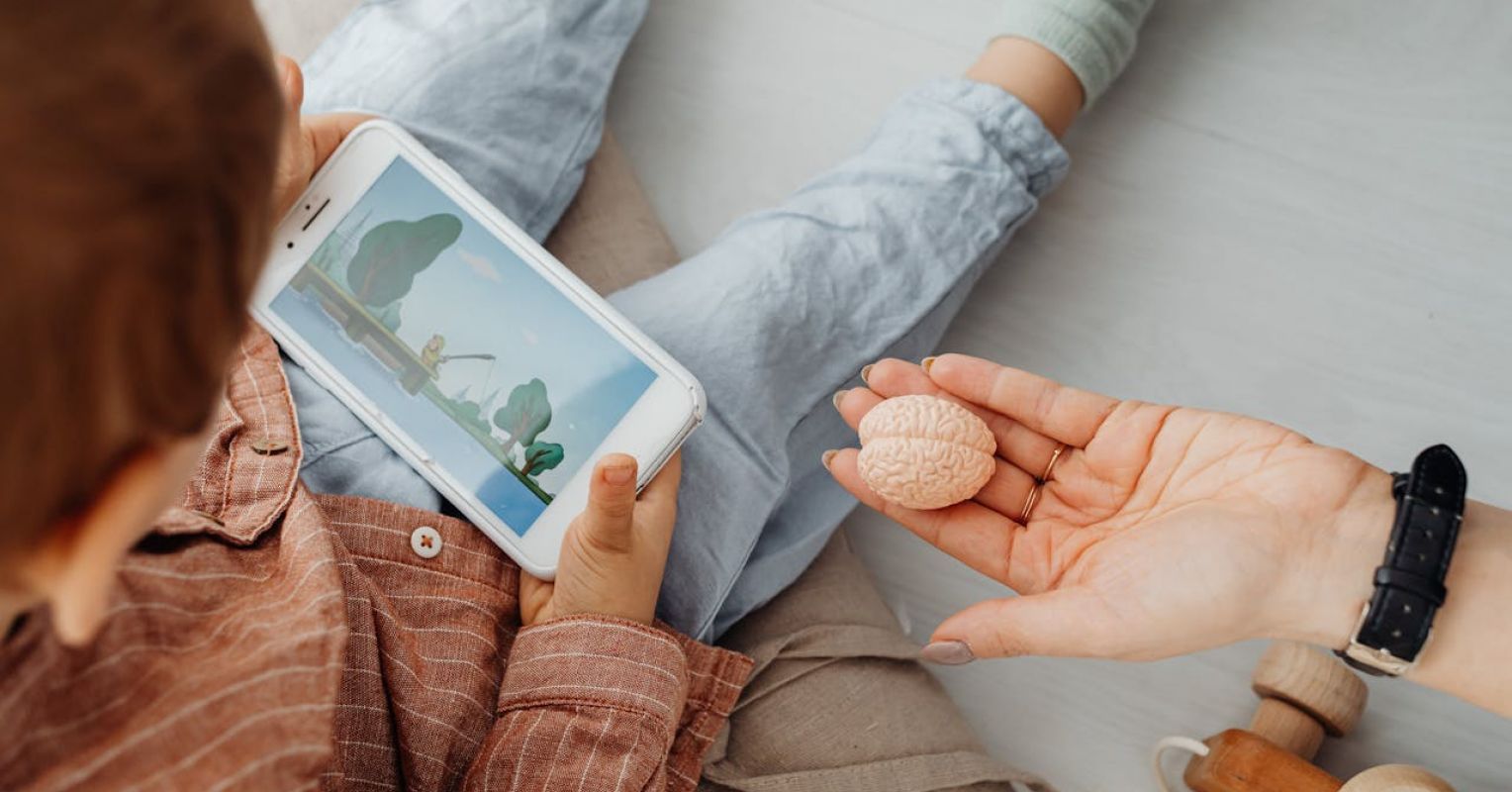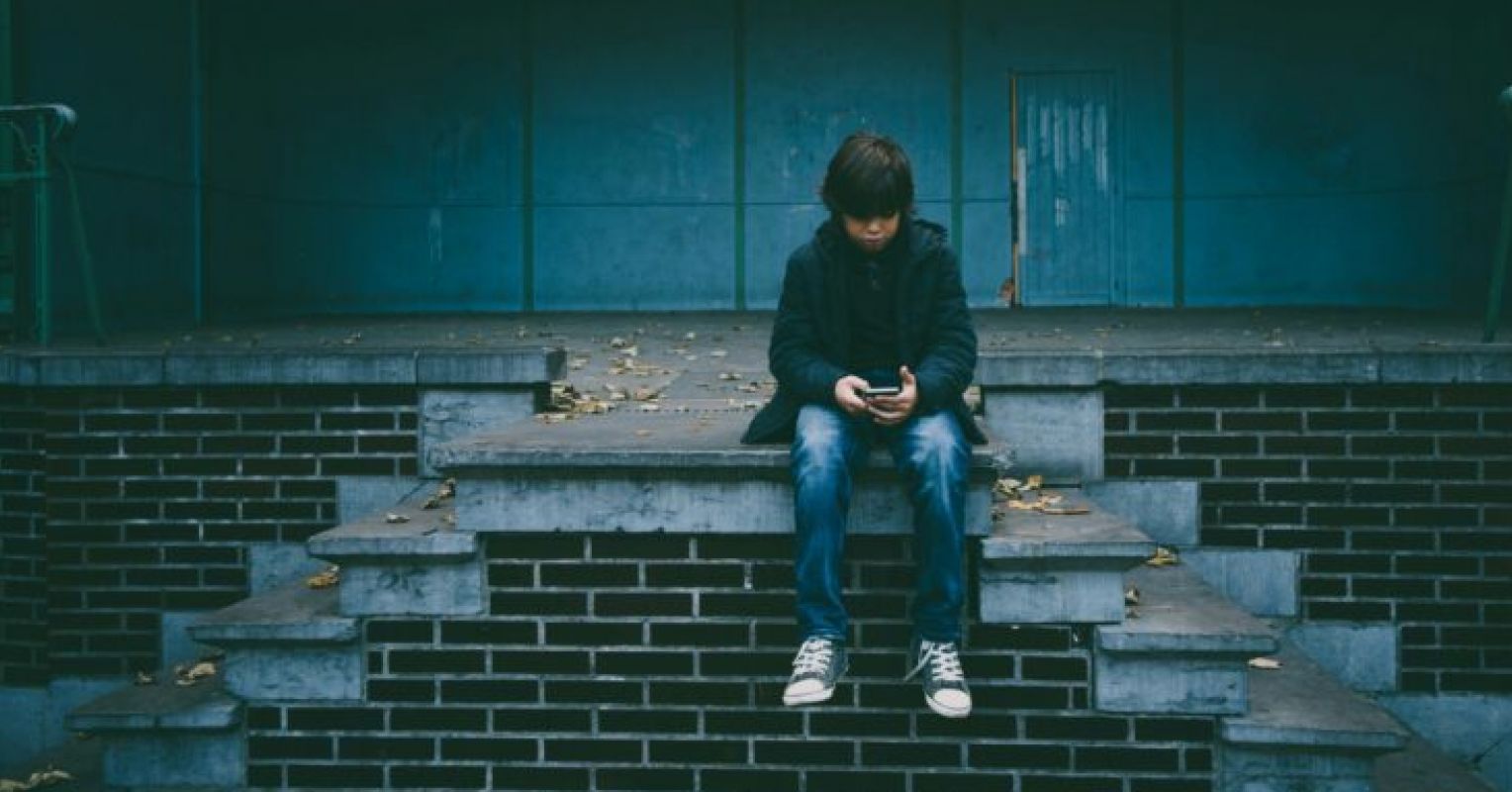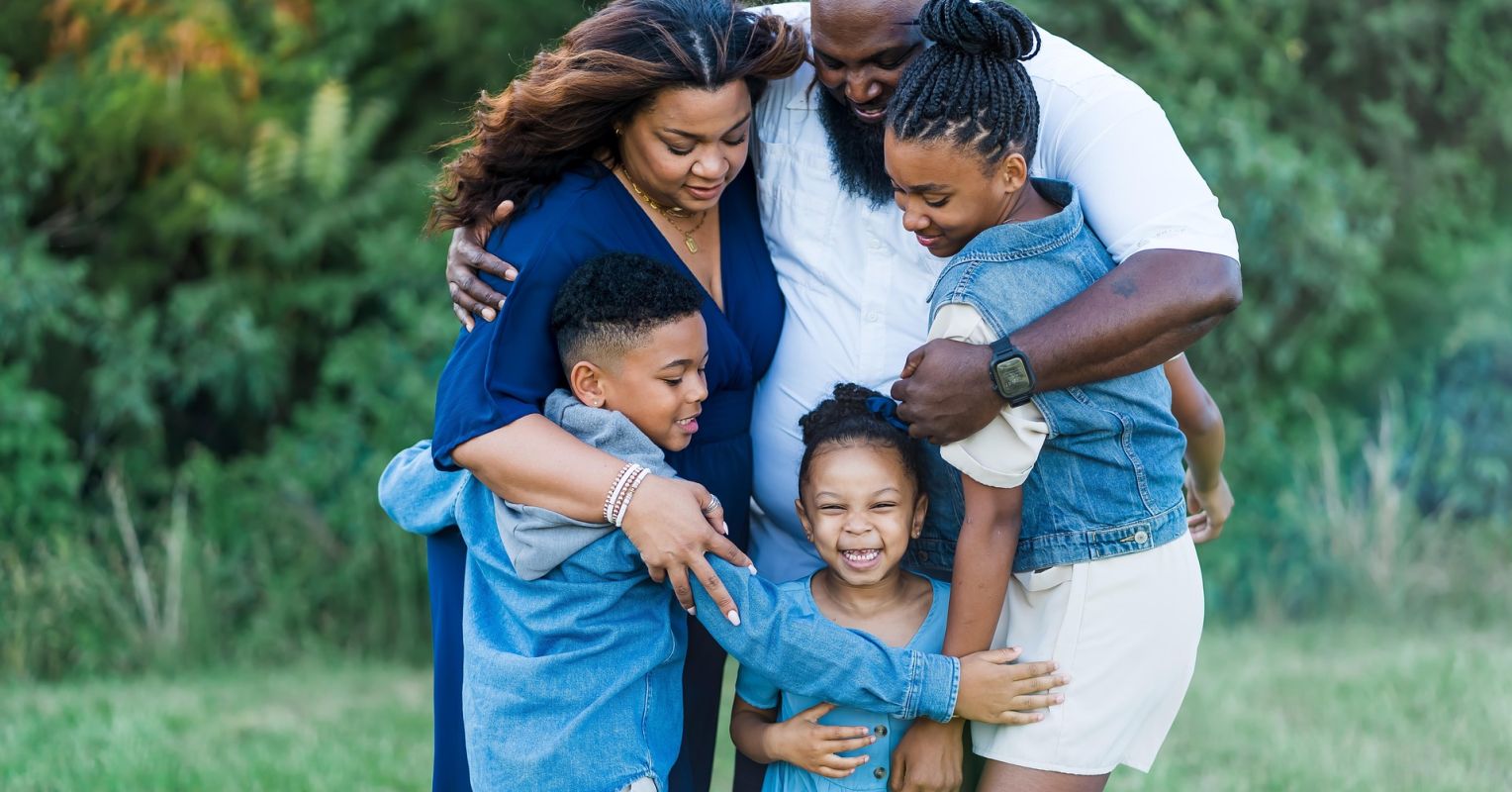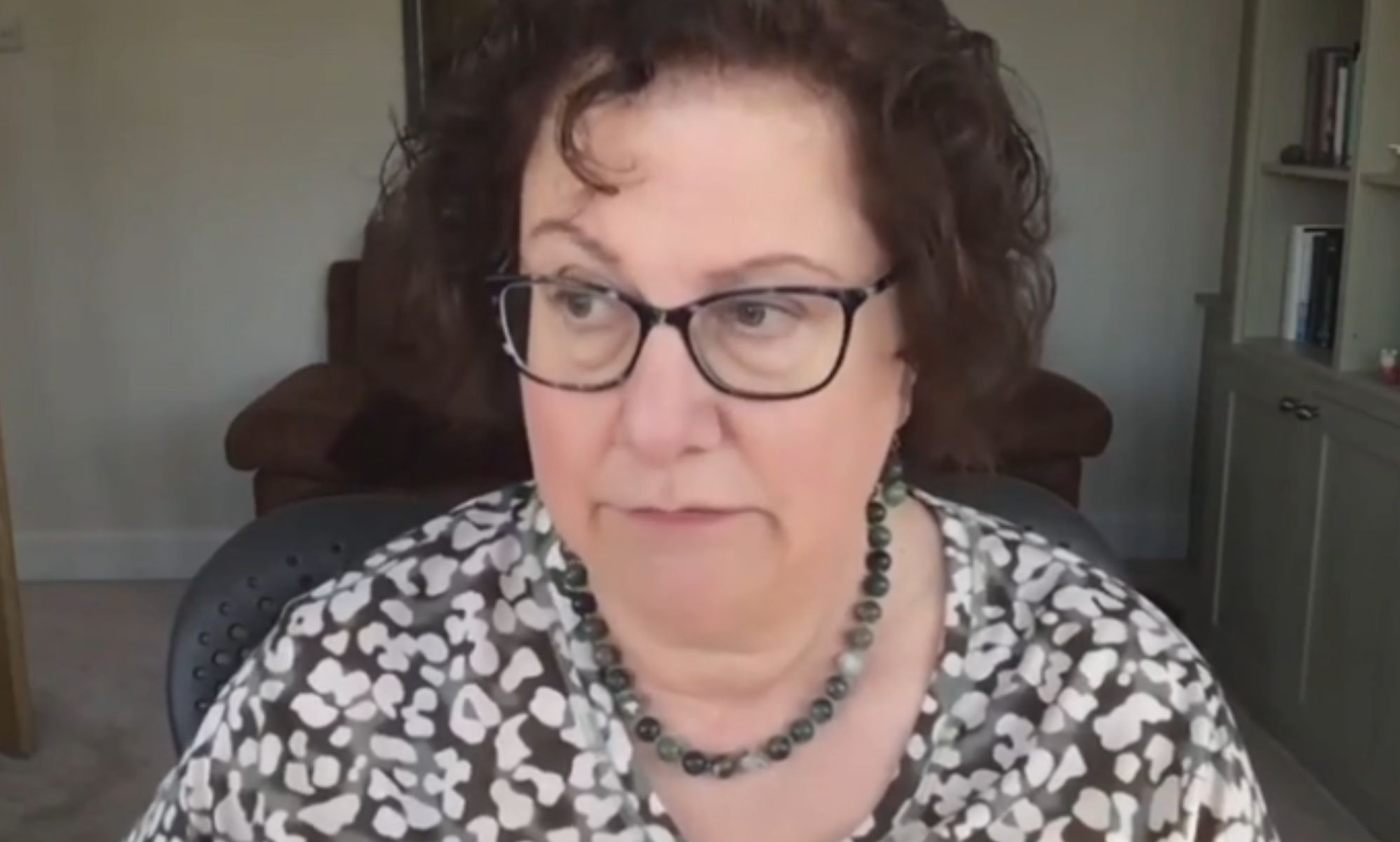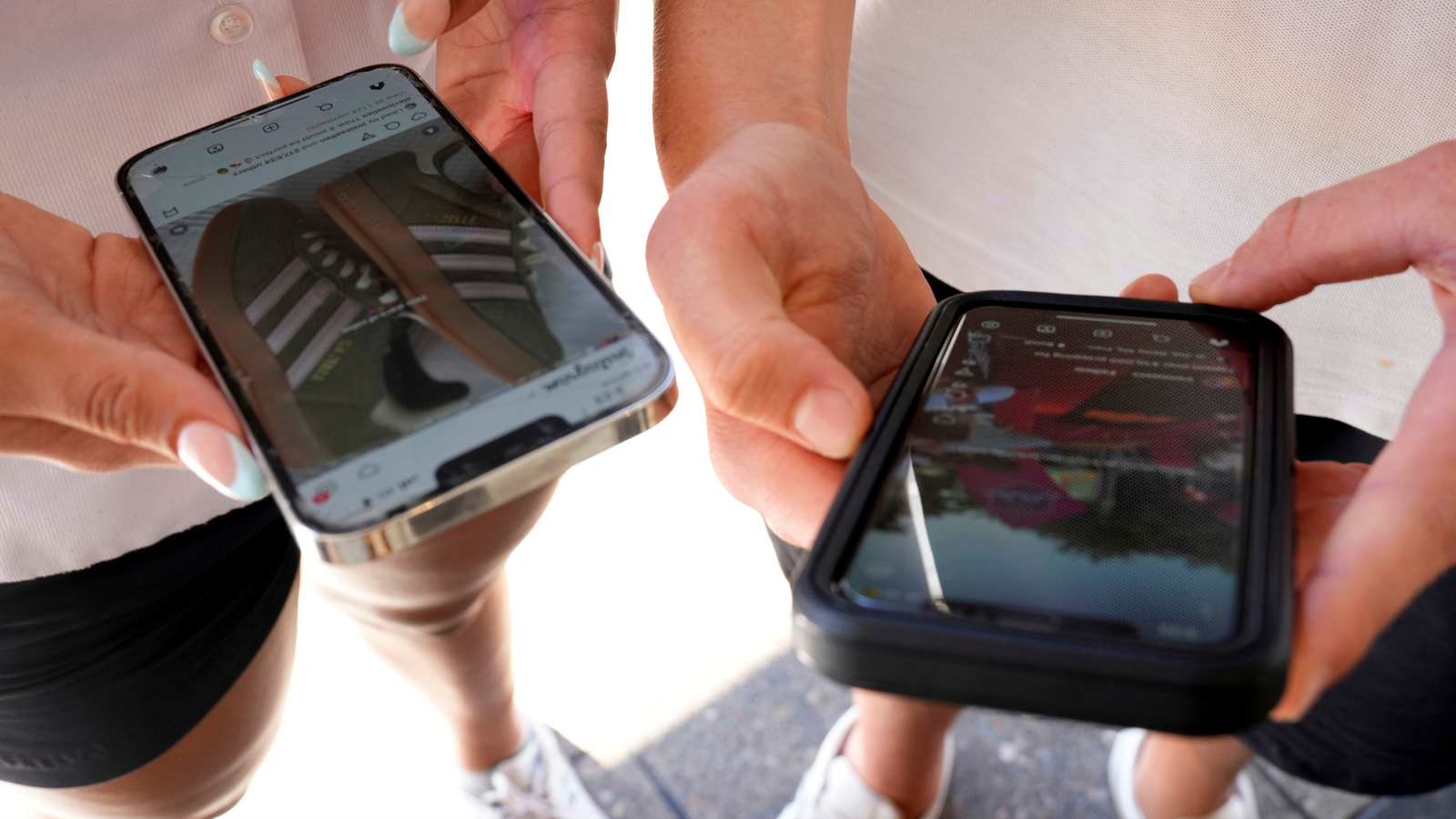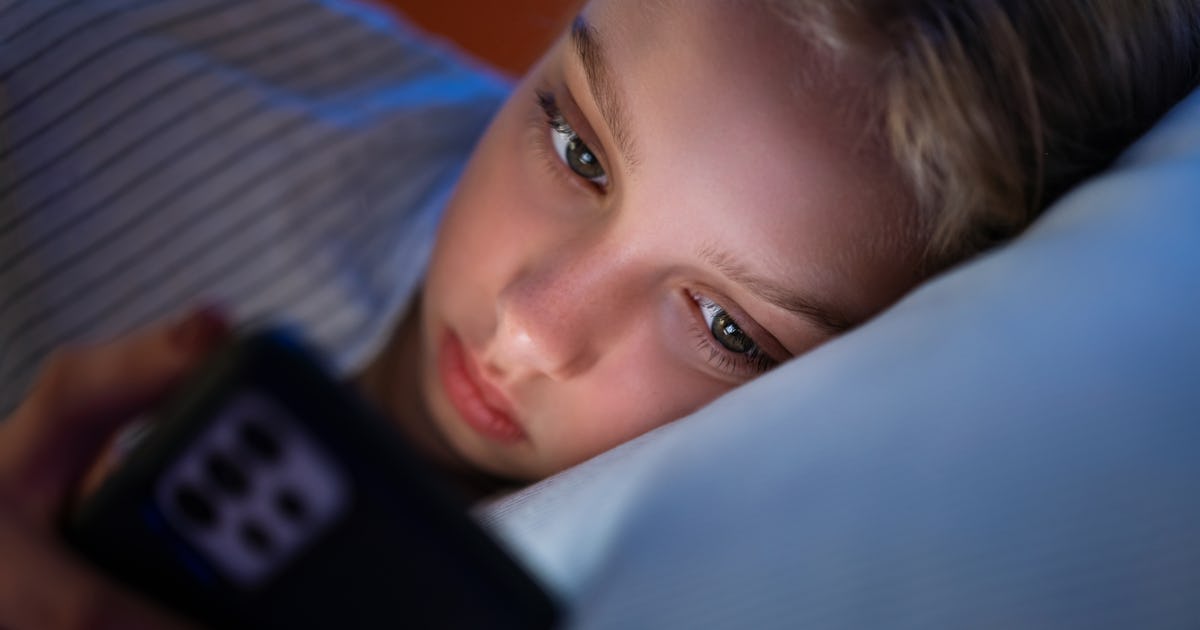#child-mental-health
#child-mental-health
[ follow ]
#social-media-litigation #addictive-design #tiktok #parenting #social-media #section-230 #screen-time
Public health
fromIndependent
3 days agoSeven siblings, seven apologies, but only three payouts - 'a family failed horrendously by the State' in Camhs crisis
Only three of seven siblings harmed by HSE psychiatric care are eligible for government compensation; four older children excluded due to pre-2016 CAMHS treatment.
fromComputerWeekly.com
1 week agoEuropean Commission: TikTok's addictive design breaches EU law | Computer Weekly
The preliminary decision outlines how addictive design features on the platform, such as infinite scroll and autoplay, are resulting in users going into "autopilot mode", with the EC stating this may lead to "compulsive use". The DSA, which sets out rules for online services used by European citizens, is designed to strengthen consumer rights and consumer choice, while also minimising the risk of harm.
Miscellaneous
fromPsychology Today
3 weeks agoChildren's Mental Health in the US: An Outsider's View
The Missing Social Unit From middle school onward, American children don't belong to a "class" in any stable sense. They move continuously - subject to subject, room to room, teacher to teacher. There's extensive discourse around respect, equity, and inclusion. But there's remarkably little structured attention to the actual social life of any group. Because there isn't really a group.
Education
Public health
fromHuffPost
4 weeks agoNew Study Says Kids Who Get Phones Before This 1 Particular Age Are More Likely To Develop Concerning Health Risks
Smartphone ownership by age 12 is linked to higher risks of depression, obesity, and poor sleep, with earlier phone introduction worsening obesity and sleep problems.
fromPsychology Today
2 months agoHope Heals? Why Unproven Treatments Seem to 'Work' for Kids
Oftentimes, within online support groups for parents, questions arise about "treatments" that fall well outside the established evidence base for childhood mental health disorders. These suggestions frequently include supplements and "natural" fixes-zinc, saffron oil, magnesium-or restrictive diets such as gluten-free, casein-free, or "detox" protocols. Posts also commonly promote pseudoscientific interventions like sensory integration therapy, red light therapy, or homeopathy. Parents recommend them to other parents despite little to no scientific support for their effectiveness.
Mental health
fromwww.independent.co.uk
2 months agoMy ex-partner racked up debts in my name and left our children and me with nothing'
In Becky's* case, her ex-partner had seemed like the best thing since sliced bread when they first met and she was just 18 years old. He would buy her gifts, take her on fancy holidays and encouraged her to move in with him after six months of dating. Given that he had a decent job and had taken control of the household bills, she was unaware that he was avoiding paying council tax and was racking up significant debts in her name.
Relationships
Public health
fromwww.theguardian.com
3 months agoSobering' study reveals extent of bullying and mental health problems for children in Wales
Most primary-age children in Wales report sleep problems; around one-third have emotional difficulties, half experience bullying, and daily fruit/vegetable intake is low.
fromPsychology Today
4 months agoThe Cost of Growing Up Too Soon
Everything feels heavier for them. School days are longer. Homework starts earlier. What we now call "free time" is often filled with organized sports, tutoring, or screens. Schedules, routines, and pressure have replaced the easy rhythm of childhood. It has taken a toll on the mental health of our children over the past 50 years. Anxiety, depression, and attention problems have risen sharply.
Mental health
Mental health
fromLos Angeles Times
4 months ago'Can I just be a kid?' Students shaken by immigration raids seek help from school counselors
Intensified immigration raids are causing acute anxiety, fear, and trauma among children and families, straining school mental-health resources and risking long-term emotional harm.
California
fromLos Angeles Times
4 months agoAI chatbot safety bills under threat as Newsom ponders restrictions tech groups say would hurt California
California lawmakers seek Gov. Gavin Newsom's approval of bills imposing safety guardrails on AI chatbots to protect children despite tech industry opposition.
fromPsychology Today
5 months agoHow Owen Helps Kids Handle Tough Feelings
Whether it's peer relationships, puberty, or family strife, today's children often experience high levels of stress, anxiety, and worry. As a psychologist who works with parents, many moms, dads, and caregivers regularly ask me, "How can I help my kids feel better?" While we can't control what happens in the world, parents can equip their kids with education in emotions, a much-needed life skill. Being able to temper sharp emotions can prevent symptoms of depression, research shows.
Mental health
Mental health
fromABC7 Los Angeles
5 months agoSeeing graphic images of Charlie Kirk's murder can be traumatic. Doctor offers coping advice
Viewing graphic assassination footage can traumatize viewers, especially children, and requires listening, age-appropriate dialogue, emotional validation, and guided healing actions.
fromTODAY.com
5 months agoKids Are Watching Deadly Violence on Social Media. What Parents Can Do
How you handle the conversation is less about age and more about what you know of your child and how likely they are to be impacted by the events, Deborah Gilboa, a family doctor and resilience expert, tells TODAY.com. Of course, these discussions depend on whether or not parents know for certain that their child has been exposed to graphic content.
Parenting
fromwww.theguardian.com
5 months agoSchool absence a big factor in child mental illness in England, data shows
Our research shows that the more times a child is absent from school, the greater the probability that they will experience mental ill health, the authors, from Loughborough university and the ONS, concluded. The study, involving more than a million school-age children in England, found the relationship between absence and mental health was a two-way street, with lengthy absences increasing the likelihood of later hospital treatment.
Mental health
Parenting
fromFortune
5 months agoJeffrey Katzenberg says legislation to protect children from online harms is unlikely: 'It took 80 years' to pass seatbelt laws
Parents need AI-driven monitoring tools like Aura to detect and address children's digital mental-health risks because legislation is slow and harms are increasing.
Education
fromIndependent
5 months agoMy daughter's school reshuffled things and now she's in a class with none of her friends. Is there anything I can do?
Children can feel devastated by class reorganisations; caregivers should allow them to talk, cry, or rant rather than trying to immediately fix the situation.
Mental health
fromIndependent
5 months agoAre smartphones really a big threat to teens? Irish expert Dr Nicola Fox Hamilton says no - and that banning them would do more harm than good
Banning technology for children can worsen their mental health; parents should use supportive, education-focused strategies instead of outright prohibitions.
Mental health
fromwww.theguardian.com
5 months agoOverdiagnosis of children overlooks that growing up is messy and uneven', says Jeremy Hunt
Children and young people are being overdiagnosed with mental health and neurodevelopmental conditions, inflating SEND costs and medicalising normal uneven child development.
fromScary Mommy
5 months agoPoll Finds Just How How Much We're Sheltering Our Kids & It's Bad
Over one in four kids isn't allowed to play alone, even in their own front yard. 71% of kids have never used a sharp knife. 45% of kids have never walked alone down the aisle of a store when their parent was in a different aisle. 56% of kids have never talked to a neighbor while alone. 62% have never walked or biked anywhere without an adult. 63% have never built a structure, like a fort or tree house, outside their home.
Parenting
fromPsychology Today
6 months agoWhen Criticizing the Other Parent Is Harmful to Children
"Nichole" was 10 when I started seeing her at her school. The school counselor reported that Nicole was talking about wanting to "cut myself in half," prompting concern. During our first session, she reported that she lives with her mom during the week and visits her dad every other weekend. This is common for many kids whom I see, as we live in a time of many diverse examples of family and parenting. In therapy, she began to talk about feeling scared to mention her dad around her mom. When asked why, she shrugged and said, "Because it'll make her mad."
Parenting
Parenting
fromBuzzFeed
9 months agoWhen My 8-Year-Old Said These 5 Horrifying Words, I Had To Change Everything About My Parenting
The story highlights a critical moment when a child's deep distress leads to a call for emergency mental health support.
Effective communication and understanding are essential in addressing children's mental health crises.
[ Load more ]



